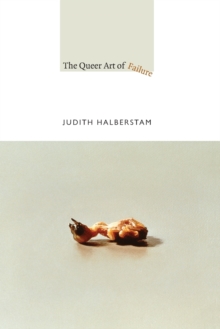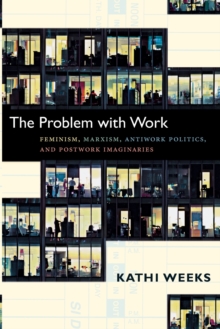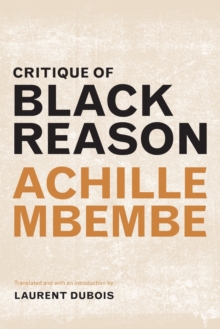
Sessue Hayakawa : Silent Cinema and Transnational Stardom Paperback / softback
by Daisuke Miyao
Part of the A John Hope Franklin Center Book series
Paperback / softback
Description
While the actor Sessue Hayakawa (1886-1973) is perhaps best known today for his Oscar-nominated turn as a Japanese military officer in The Bridge on the River Kwai (1957), in the early twentieth century he was an internationally renowned silent film star, as recognizable as Charlie Chaplin or Douglas Fairbanks.
In this critical study of Hayakawa's stardom, Daisuke Miyao reconstructs the Japanese actor's remarkable career, from the films that preceded his meteoric rise to fame as the star of Cecil B.
DeMille's The Cheat (1915) through his reign as a matinee idol and the subsequent decline and resurrection of his Hollywood fortunes.Drawing on early-twentieth-century sources in both English and Japanese, including Japanese-language newspapers in the United States, Miyao illuminates the construction and reception of Hayakawa's stardom as an ongoing process of cross-cultural negotiation.
Hayakawa's early work included short films about Japan that were popular with American audiences as well as spy films that played upon anxieties about Japanese nationalism.
The Jesse L. Lasky production company sought to shape Hayakawa's image by emphasizing the actor's Japanese traits while portraying him as safely assimilated into U.S. culture. Hayakawa himself struggled to maintain his sympathetic persona while creating more complex Japanese characters that would appeal to both American and Japanese audiences.
The star's initial success with U.S. audiences created ambivalence in Japan, where some described him as traitorously Americanized and others as a positive icon of modernized Japan.
This unique history of transnational silent-film stardom focuses attention on the ways that race, ethnicity, and nationality influenced the early development of the global film industry.
Information
-
Item not Available
- Format:Paperback / softback
- Pages:400 pages, 23 illustratons
- Publisher:Duke University Press
- Publication Date:28/03/2007
- Category:
- ISBN:9780822339694
Other Formats
- Hardback from £103.00
Information
-
Item not Available
- Format:Paperback / softback
- Pages:400 pages, 23 illustratons
- Publisher:Duke University Press
- Publication Date:28/03/2007
- Category:
- ISBN:9780822339694










